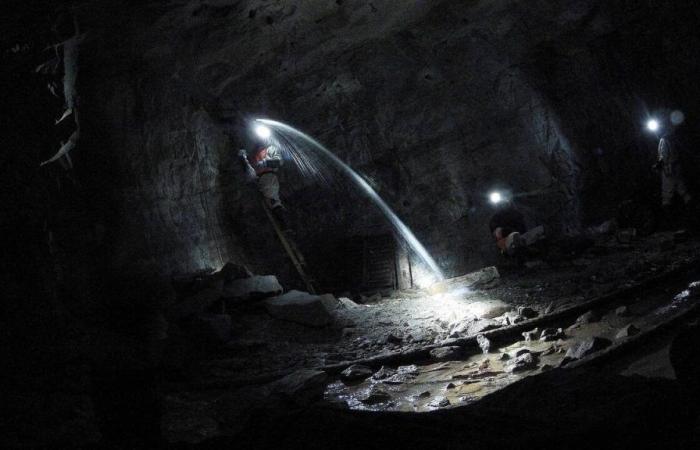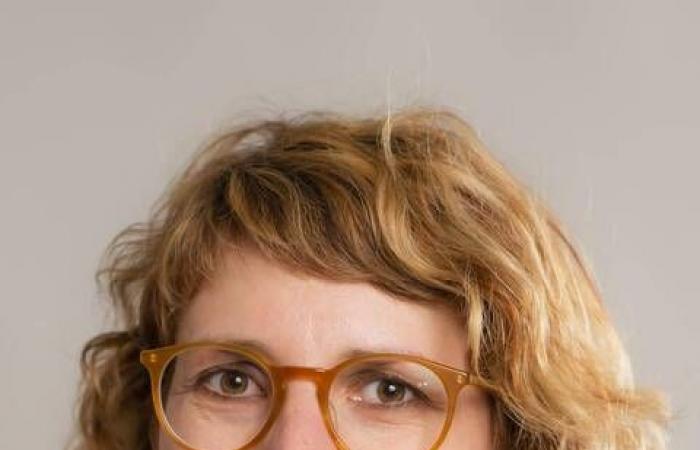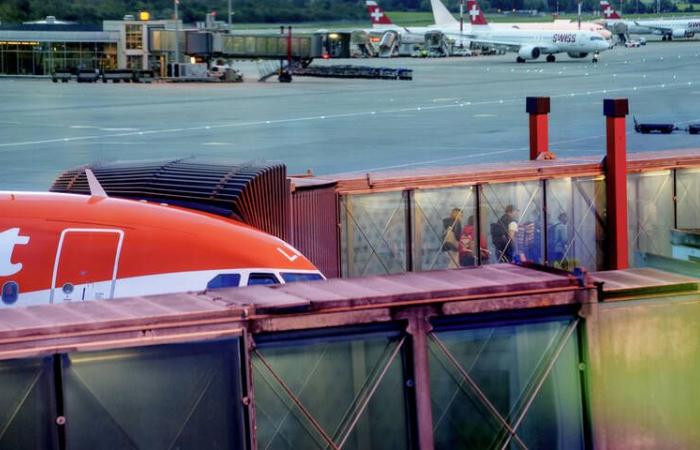Published on October 10, 2024 at 9:24 p.m. / Modified on October 10, 2024 at 10:00 p.m.
Barbara Sherwood Lollar, Canadian biogeochemist, recipient of around ten scientific prizes, was present Wednesday at the Gesda conference, anticipation on science and diplomacy, which is held in Geneva. She presented the results of her research carried out on water found several kilometers in the continental base, in different places around the globe. Among other things, the discovery of new astonishing micro-organisms, trapped in this antediluvian water. How do they manage to survive? Are they traces of the first living organisms on the planet billions of years ago? And how could this research help find traces of life on other planets? So many fascinating questions that the scientist and her team are trying to answer.
Le Temps: You cite Jules Verne as one of your inspirations. Are you like Professor Lidenbrock from “Journey to the Center of the Earth”, mapping the bowels of the Earth?
Explore and support “Le Temps” with a one-year subscription at -50%
Flash Sale: -50% on digital subscriptions!
A year of reliable information at half price. Offer valid until October 15, 2024.
I subscribe
Good reasons to subscribe to Le Temps:
- Unlimited access to all content available on the website.
- Unlimited access to all content available on the mobile application
- Sharing plan of 5 articles per month
- Consultation of the digital version of the newspaper from 10 p.m. the day before
- Access to supplements and T, the Temps magazine, in e-paper format
- Access to a set of exclusive benefits reserved for subscribers
Already a subscriber?
Log in
Founded in 1954, the European Organization for Nuclear Research (or European Laboratory for Particle Physics) aims to understand the composition and functioning of the Universe. Located astride the Franco-Swiss border, between Geneva and neighboring French communes, it conducts its research using particle accelerators.
The Geneva Science and Diplomacy Anticipator Foundation was created in 2019 in Geneva by the Swiss authorities. Its role is to study how scientific and technological advances can be used most effectively for the benefit of humanity as a whole. It brings together players from tech and diplomacy.
Also called permafrost, it is ground that is frozen all year round. This geological term refers to surfaces in polar or high mountain regions whose temperature remains below 0°C for more than two years. They represent 20% of the planet.










